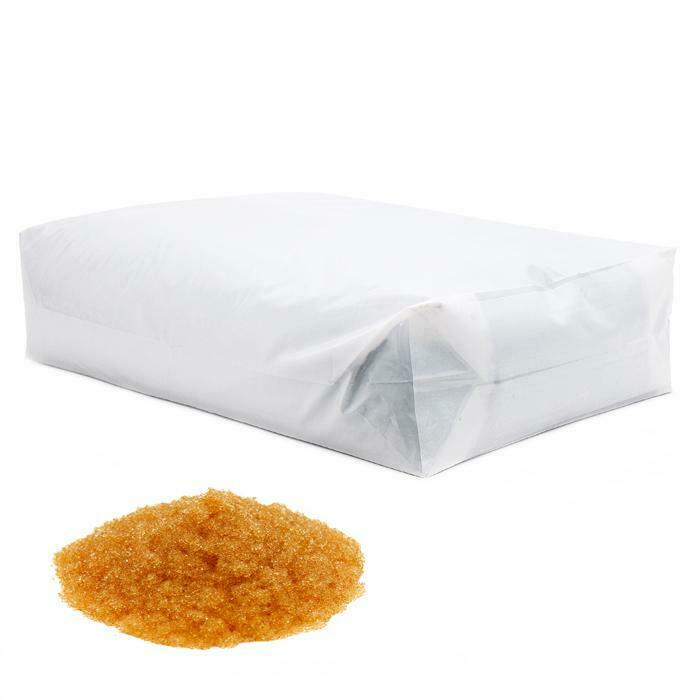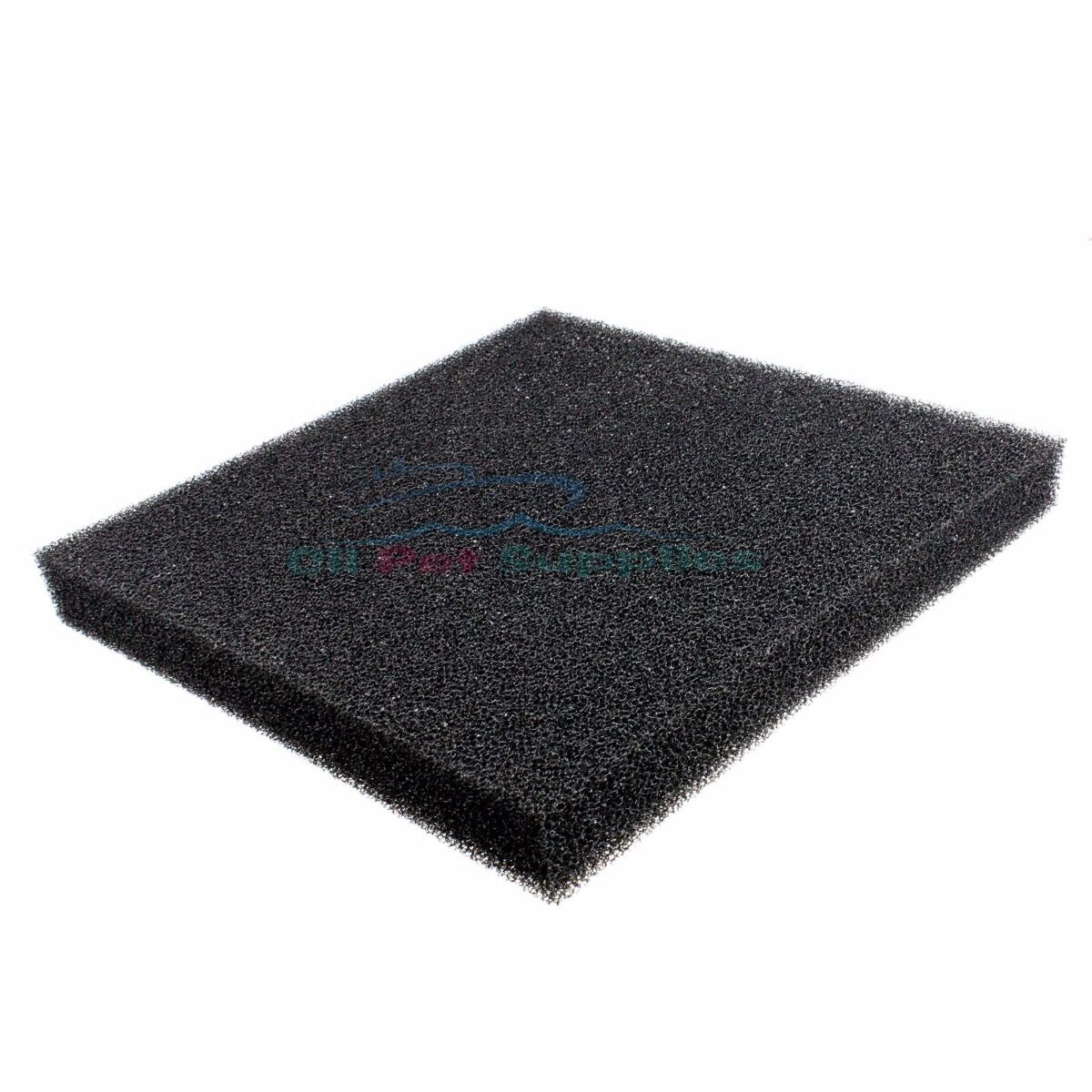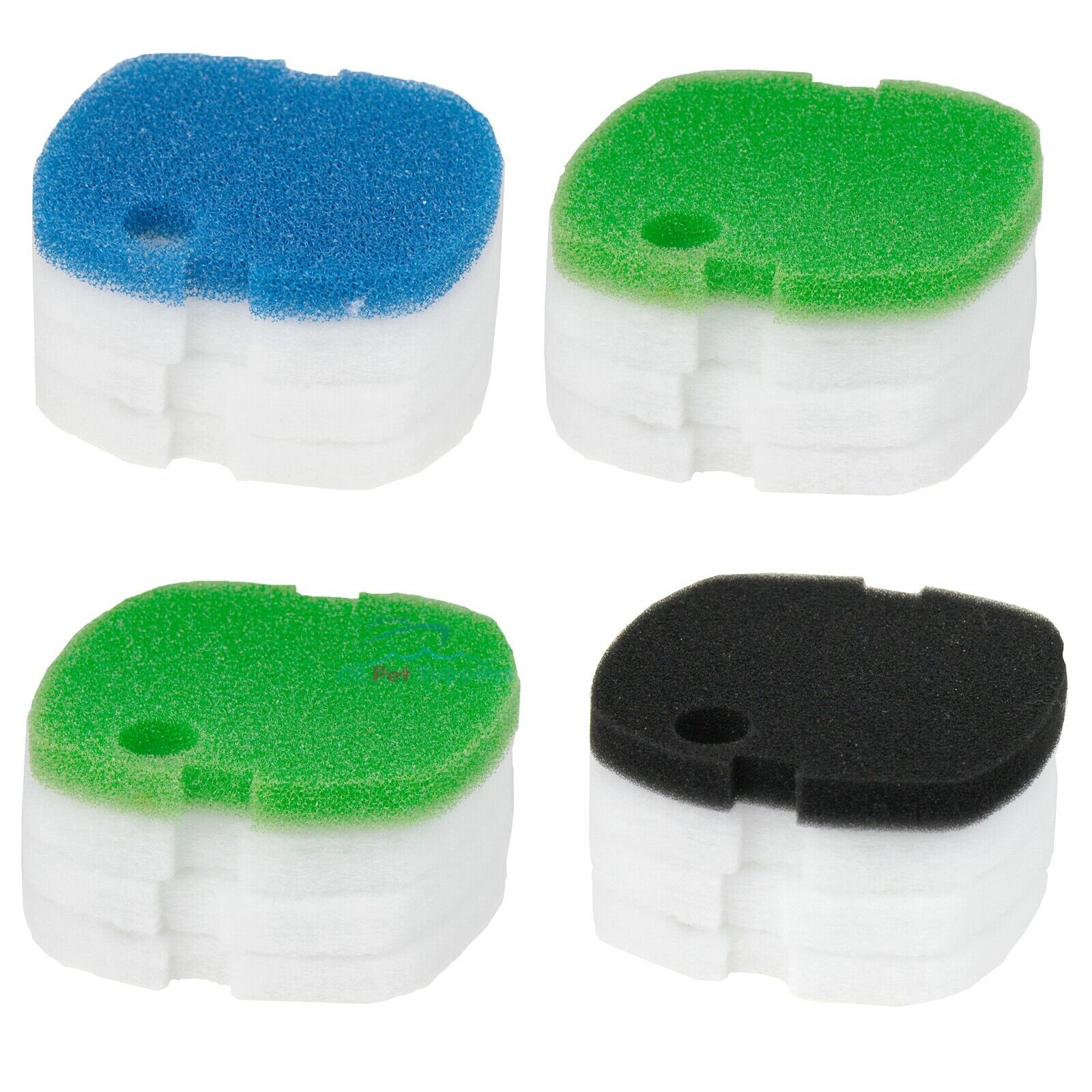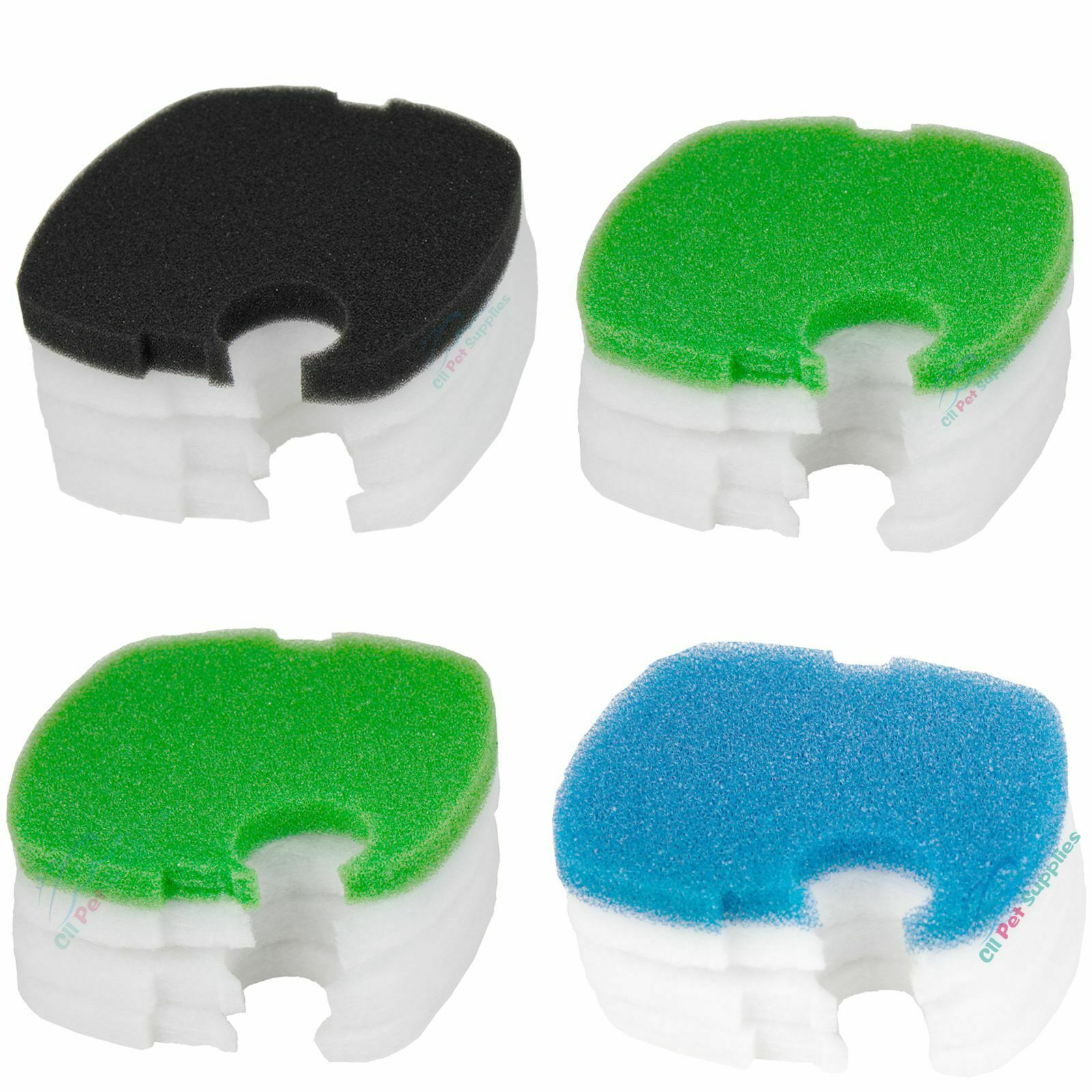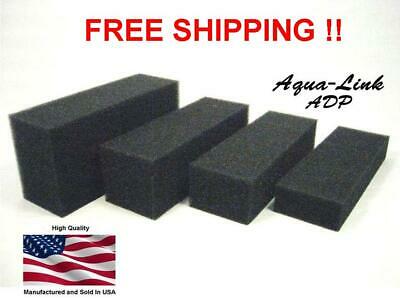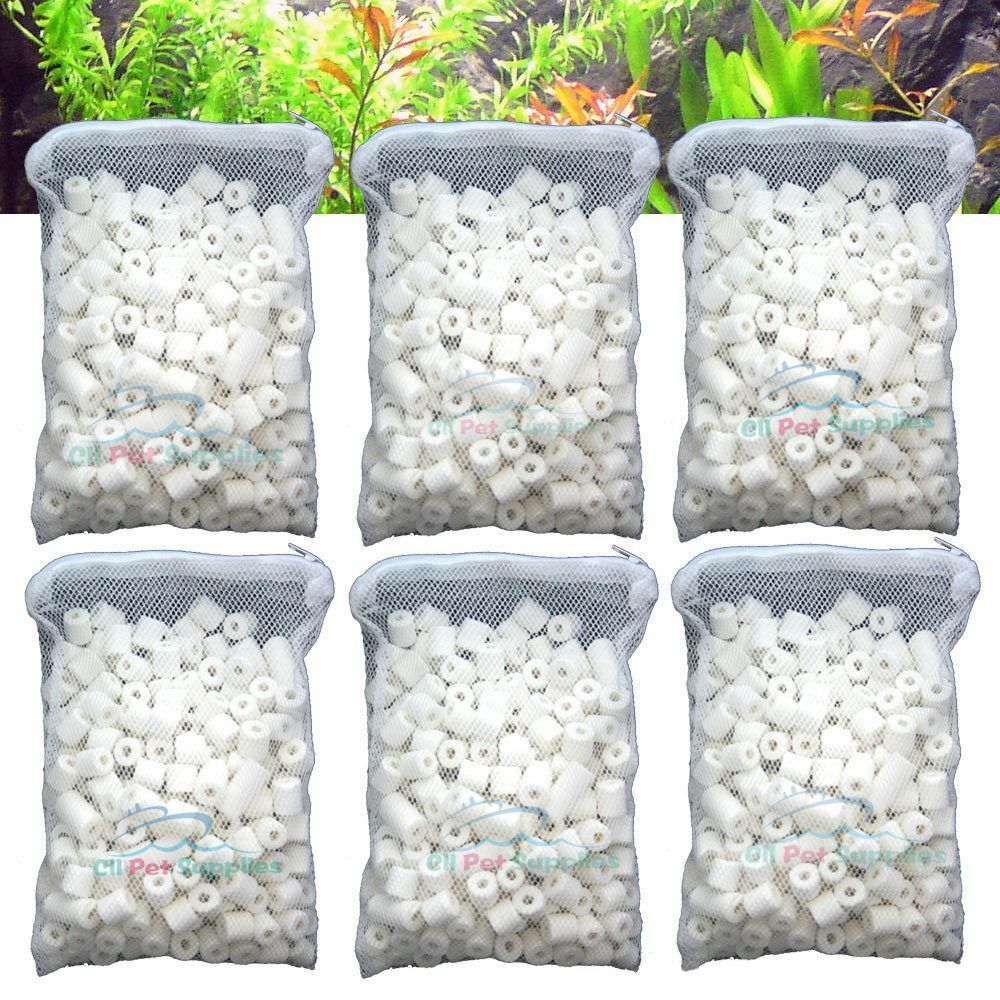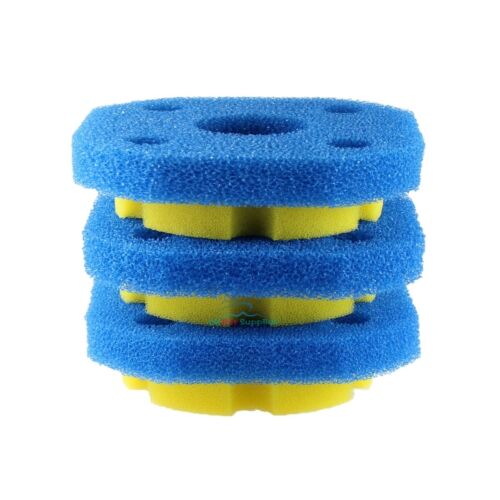-40%
Virgin mixed bed DI resin Car wash and window cleaning water systems 1/2 cu.ft
$ 65.97
- Description
- Size Guide
Description
Detailed Description:Mixed Bed Ion Exchange Resin
(1
/2
Cubic Foot)
Excellent High-Capacity Mixed Bed Industrial Grade media for deionization of water for industrial, aquatic, and other water treatment applications.
We supply one bag of 1/2 cubic feet approx. 22 Lbs
Deionization is the removal of mineral ions by using the ion exchange process. Using a mixed bed of anion and cation resins, ions, salts, and minerals can be entirely removed from the water.
Virgin type Mixed Bed DI Resin lasts longer than Regenerated Mixed Bed DI Resin, ensuring you get more for your money.
If you use an RO membrane, the RO membrane has a direct impact on the life-span of the DI. The RO membrane can remove about 95-99% of TDS (minerals) in your water. When a deionization filter is used after the RO membrane, you can expect almost 100% removal of the TDS.
Excellent High-capacity, mixed bed, Industrial grade media for deionization of water for industrial, aquatic, and other water treatment applications.
Safe for all machines, aquariums: Creates consistent, safe, ultra-pure water for car washing and window cleaning, etc....
All naturally-occurring water contains dissolved mineral salts. In solution, salts separate into positively-charged cations and negatively-charged anions. Deionization can reduce the amounts of these ions to very low levels through the process of ion exchange. Cations are removed by cation exchange resin. It replaces sodium, calcium, magnesium and other cations with hydrogen ions (H). This exchange produces acids that must be removed or neutralized by anion exchange resin.
Ion exchange resins may be safely stored for prolonged periods of time in areas where the ambient temperature is between 4-40°C (41-104°F).
Following these precautions, there should be little or no concern regarding the shelf life of the resins being stored. Physical damage of ion exchange resins due to dehydration may occur in cases of extreme moisture loss during storage.
Before any resin stored for prolonged periods of time is placed into service, it is always considered good practice to soak the resin in saltwater for a few hours. The rehydration process allows the ion exchange resins to swell back to their original volume slowly and to release any occluded air from the resin structure.
In rare cases, it may be necessary to store ion exchange resins in their less stable forms. In these instances, it is important that precautions be taken to assure that the ion exchange resins are properly stored in a hydrated condition at temperatures, which rarely exceed 40°C (104°F) for prolonged periods of time.
During the shipment to and storage in areas where temperatures drop below 0°C (32°F), storage precautions should be taken to avoid subjecting ion exchange resins to repeated freezing-thawing conditions.
Although a few freeze-thaw cycles are generally harmless, repeated freezing-thawing of ion exchange resins, regardless of the forms in which they are supplied, could bring about physical attrition of the ion exchange resin by physically breaking the resin beads. Generally recommended Rules of Thumb are that un-regenerated resins be used within five years, regenerated resins used within one year, and low TOC grade resins within a month or two.
